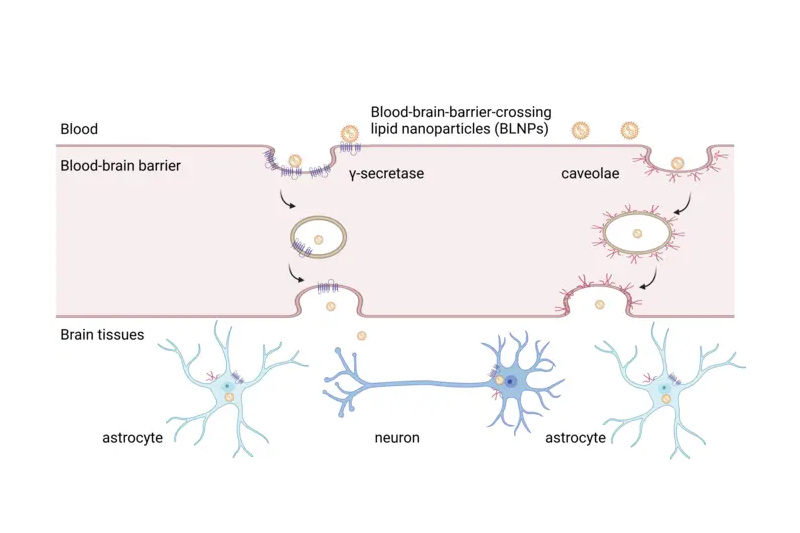

Store cards, mobile phone accounts and credit cards are the top three purchases made by fraudsters using other people’s identities, the study found.
And, for the first time, the report identifies from the victims’ perspective what should be done in order to best support them.
Martin Gill, Professor of Criminology at the University of Leicester, said: “Today identity theft is a growing issue affecting more than 100,000 people in the UK annually. The Home Office estimates that identity fraud costs the UK economy £1.7 billion per year.
“Identity theft can also have repercussions for the victims whose identities are stolen. Apart from the emotional impact, victims can suffer potential damage to their credit rating and the inconvenience and time taken to resolve issues.”
The study found that victims’ personal details were most likely to be used to apply for store cards, credit cards and mobile phone accounts. Over half only discovered they were victims after receiving documentation (bills, statements) through the post for accounts they had not opened.
The report states: “Whilst ‘identity theft is a significant issue for the victims, in the majority of cases they were reasonably satisfied with the way they were treated, although less so with the service provided by the police. Often the experience was annoying and could be stressful but it was often possible to deal with the matter quickly. Some, though, suffered considerably both from being repeat victims, and/or via poor treatment by the organisations involved.’
The study also identified the following top five changes that victims would like to see implemented by service providers:
An individual/personal case worker within each organisation to help victims.
Keeping the victim regularly informed about progress and what is actually being done to rectify the situation.
Service providers to adopt a more understanding and sympathetic approach towards victims.
Staff to be better trained in how to deal with identity theft victims.
Better and clearer information on identity theft e.g. If you become a victim, what action you should take to clear your name and where to go to get support.
While there has been significant recent research into this crime, until now there has been none that focused in detail on UK victims.
The study focused on the experiences of a sample of victims: how they were victimised, the impact on them and their views on their treatment by service providers and law enforcement agencies. The study also makes recommendations to help inform future responses to identity theft.
The research team was led by Professor Martin Gill of the University of Leicester. Professor Gill is a criminologist of international renown and one of the country’s leading identity fraud experts.















